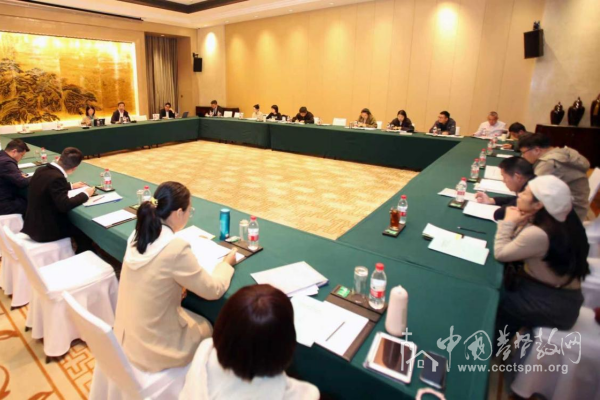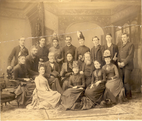From October 29 to 31, CCC&TSPM held a seminar in Ningbo, Zhejiang Province, themed "Systematically Promoting the Sinicization of Christian Theology in China." The event brought together more than 100 participants, including leaders from CC&TSPMs at various levels nationwide, theological educators from seminaries, and contributors to the essay collection on "Christology."
According to CCC&TSPM, during the opening ceremony, Rev. Wu Wei, president of the China Christian Council, emphasized in his address that the "Five-Year Work Plan for Deeply Advancing the Sinicization of Christianity (2023–2027)" should serve as the guiding blueprint for implementation. He stressed that efforts should focus on three areas: ideological guidance, theological construction, and standardized governance.
Rev. Lou Shibo, vice president of the Zhejiang Christian Council and vice president of Zhejiang Theological Seminary, delivered a presentation titled "Christ Is Everlasting: Exploring Feasible Paths to Constructing a 'Chinese' Christology." Applying the methodology of systematic theology, he reviewed classical Christological thought and explored viable approaches and potential challenges in developing a Chinese Christology suited to the Chinese church.
The "Christology" essay collection received 254 submissions, with 19 authors sharing their insights over nearly two days. Speakers included staff from provincial CC&TSPMs, seminary faculty and students, and pastors. Their presentations covered topics such as biblical interpretation, cultural engagement, the inheritance of saints' teachings, and practical applications. During group discussions, participants examined the opportunities and challenges involved in developing Christology within the context of the Chinese church.
At the closing ceremony, representatives from the four discussion groups highlighted several key points: the establishment of Christology in the Chinese church is both necessary and goal-oriented; China's traditional culture and socialist core values offer resources for theological reflection; the Chinese church inherits the faith traditions of the universal church while drawing on the experience of its local predecessors; and the involvement of young scholars has brought vitality to theological development.
They encouraged pastors and church workers to continue learning and researching to become well-versed in both classical doctrine and traditional Chinese culture, transforming theological insights into teachings and guidance that believers can readily understand and apply in daily life.
In his concluding remarks, Rev. Shan Weixiang, vice chairperson of the National TSPM, emphasized that reinterpreting Christ from a Chinese perspective does not mean "preaching another Jesus," but rather represents an effort to construct a distinctly Chinese theology expressed through the language, culture, and thought patterns of the Chinese context.












